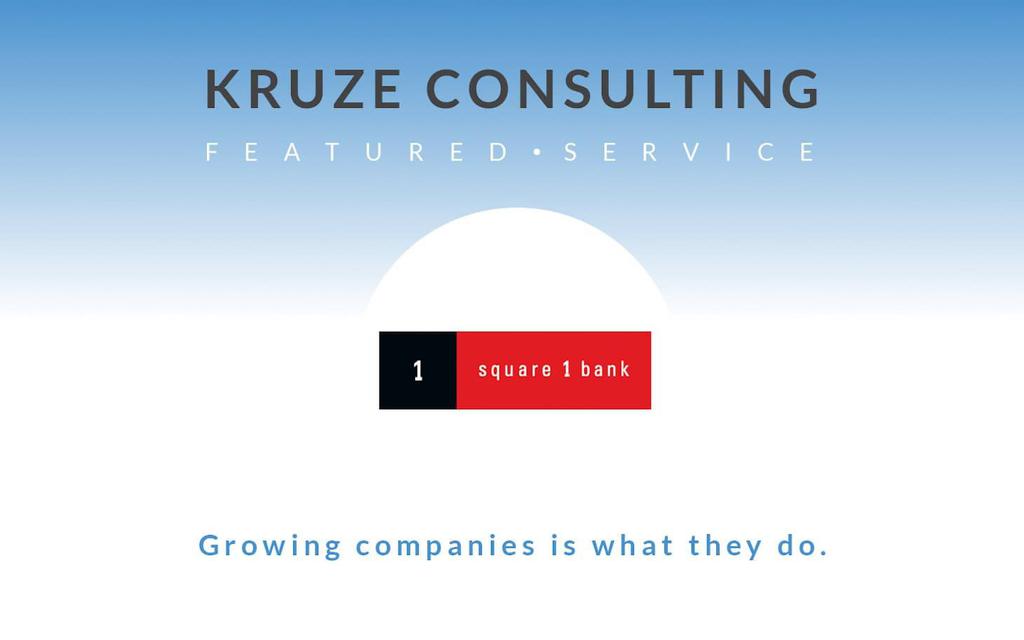
Why do banks require their customers to keep their cash at their specific bank after they have received a loan? This question came up a lot from startups who took out loans from Silicon Valley Bank and were then required to keep their cash deposits there with them. Startups should be aware of this practice when taking out loans from banks.
Taking out a loan
So, for example, when a startup takes out a venture debt loan from a bank, one of the main things in the loan agreement is that you have to keep that cash at that bank. Silicon Valley Bank was in the news a lot, but many other banks have the same policy. In fact, this policy isn’t exclusive to startup loans – a real estate developer that’s getting a loan to build a shopping center will probably have that requirement in their term sheet.
Usually there is a little bit of flexibility regarding how much cash must be kept there. Instead of the whole deposit, the compulsory amount could go down to 90% or 80% of the cash deposit, but the main thing is that the vast majority of deposits have to be kept at the bank that made the loan to you.
Why do banks require you to keep your deposits there?
There are a couple of reasons that banks, such as SVB, require their borrowers to keep the cash deposit with them:
Risk mitigation
The first reason for this is because it acts as a risk mitigation tool. By keeping the deposit, or the majority of the deposit, at the bank that has lent the money, that bank then knows that they can monitor your cash. They are able to see how you’re spending it and what you’re doing with the money. This is very important to them as they have what’s called ‘the right of offset’.
The right to offset is a tool for risk mitigation. It can be used in the case of something going wrong at a company they have lent money to and that company goes into default. In this circumstance, the bank then has the ability to offset the loan with the cash deposits they have held with them.
Now, they don’t do that very lightly, but offsetting is the ultimate risk control mechanism.
The right of offset brings the startup at default back to the bargaining table. It gives them the opportunity to ‘play nicely’ and raise more money, restructure or sell the company - in order to pay back the loan.
Banks need deposits to make other loans
The second reason banks require you keep the deposit with them is down to how banks work in general. That is, banks need these deposits in their accounts to continue to make other loans.
When a bank gives a loan to a startup and they then receive $10-$20 million in deposits from that startup, they will recycle those deposits into more loans. This is how banks make money. If a startup were to take that cash away from the bank that lent it to them, that isn’t going to be very helpful for the bank at all.
So there you have the two core reasons why so many companies had so many deposits at SVB or some of the other regional banks. They were required to.
Post-crisis at Silicon Valley Bank
Here at Kruze Consulting, we work closely with Silicon Valley Bank and clients who are associated with them. Interestingly, what we have seen post-crisis is Silicon Valley Bank’s willingness to go down to as low as 50% of the cash deposit that is required to be kept at the bank. This flexibility has been very nice for our clients for whom we’ve been negotiating.
We don’t have as clear an idea about other banks and what they are currently offering, but bringing down the required deposit percentage is certainly a helpful thing to do for companies, in case of another crisis.
If you have any questions on loan deposits, Silicon Valley Bank, valuations, credit cards, startup investing, startup accounting, taxes, or venture capital, please contact us. You can also follow our YouTube channel and our blog for additional information on accounting, finance, HR, and taxes for startups!



